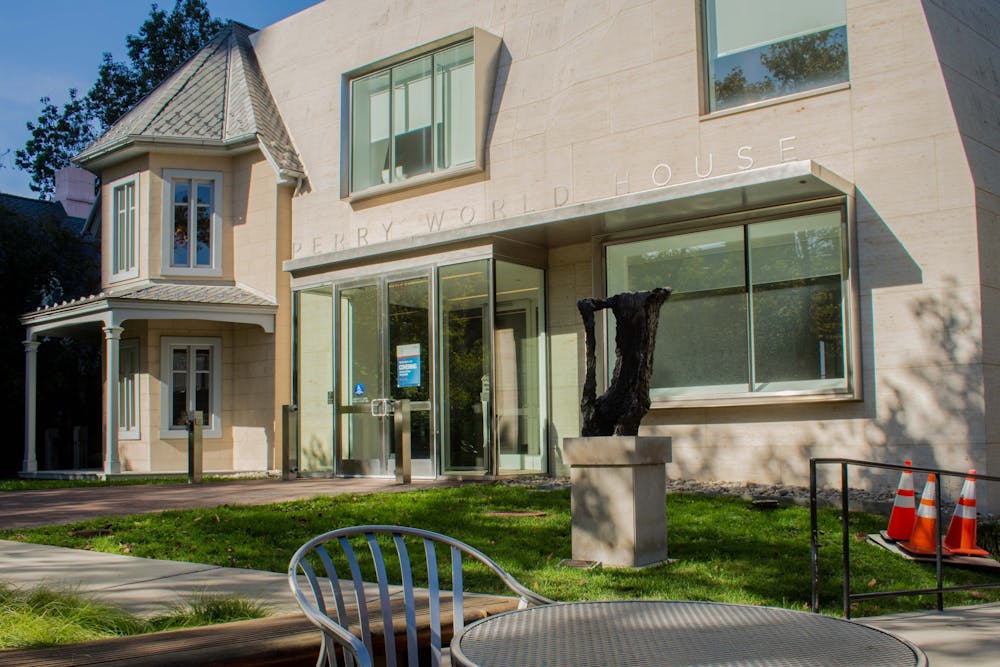Perry World House held a virtual event featuring United Nations and NASA officials to discuss the emerging space age and associated challenges for policymakers worldwide.
Former administrator of NASA Sean O’Keefe and United Nations Under-Secretary-General and High Representative for Disarmament Affairs Izumi Nakamitsu spoke at the program — part of a multi-year project through Perry World House addressing space domain and policy.
Nakamitsu and O’Keefe’s event — which took place on March 21 — focused on three main aspects of the space age: space debris, space technology and development, and power competition in space.
“I think the current space issues are complex, as it is hard to create norms and agreements for the countries to cooperate. These agreements exist because they are not binding and that there are no particular punishments,” Global Order Program Manager at Perry World House Thomas J. Shattuck said.
One recent instance of this international space diplomacy occurred in 2021 when space debris from a Russian anti-satellite missile test posed a threat to satellites in low Earth orbit and astronauts at various international space stations.
Tensions between the United States and other space-faring nations were heightened as Russia threatened the International Space Station in response to Western sanctions, demanding such measures to be immediately lifted. Following this, the European Space Agency suspended a mass mission with Russia to send robots to space.
“Space is becoming another category of foreign policy, with it being an extension for earthbound and terrain politics,” Shattuck said.
Another issue is space's accessibility. While space has been closed off from the public for the past several decades, O'Keefe said it is becoming "a public good" with around 2,800 active satellites.
RELATED:
Alumni gift to Perry World House supports global justice and human rights initiatives
New student group aims to prepare members for a career in aerospace business
Private and commercial sectors are each taking a role in the space game, as Jeff Bezos and Elon Musk launched rockets to space. By promoting sustainable development and solving climate change as their main goals, these private entities are finding solutions using space technology, O'Keefe said.
Amid the new space age, many Penn students are seeking to pursue careers in aerospace. In 2015, Penn Aerospace Club launched a balloon into space as part of the Global Space Balloon Challenge and worked toward building a small rocket. The Wharton Undergraduate Aerospace Club — founded in spring 2021 — hopes to combine business principles with the aerospace domain.
O'Keefe said that despite challenges and international tensions, the new space age presents new possibilities from convenient air travel to using Zoom to communicate to people around the world.
“It is amazing thinking back at the amount of time it took for the Wright brothers to fly the airspace and that it won’t take a lot of imagination now to get to the same place, which is only made possible by the acceleration of the pace of technology,” O’Keefe said.









